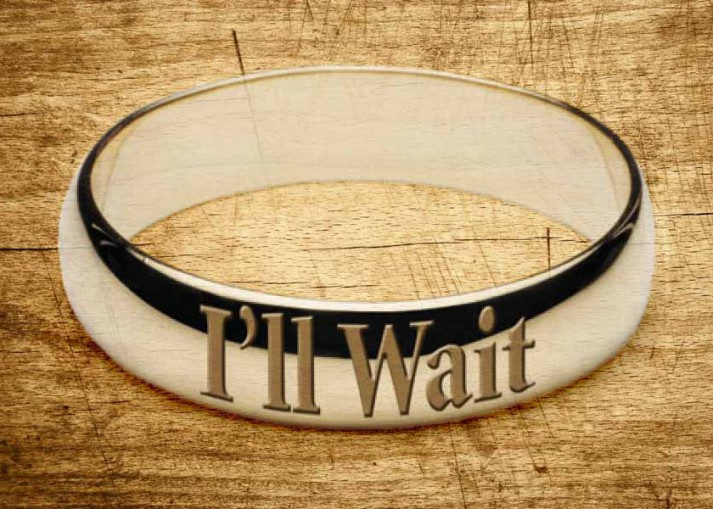
I once heard Nigerian Bishop David Oyedepo say he doesn’t read the dailies; he almost never does! Truth be told, his claim got me thinking, especially as to whether it is possible, and, also, as to whether it is patriotic. While still brooding over Oyedepo’s claim, a certain great motivator, one I respect too much, Robin Sharma, the legendary author of the breathtaking The Monk Who Sold His Ferrari, advised: sell your television. With this witness of two truly great men, the minimum number required for authentic witnessing, I just knew that something must be fundamentally problematic about the mass media.
But I should have known better, earlier. One fine thing studying philosophy at UNN did for me was that it got me into taking a bit of many different courses in the social sciences, arts, general studies, physical sciences… Yes, I did one or more courses with Foreign Languages, Economics, Sociology, Psychology, Religion, Computer Science departments and General Studies Unit. I particularly did four (4) courses with the Department of Mass Communication: Theories of Mass Communication, Principles of Advertising, Features and Interpretative Writing, and Editorial Writing. Of course, I’m not drawing up this list of courses to impress, but to say I got an appreciable insight into what happens on the mass media, and it is this: Bad news is business; good news is no news at all.
In Principles of Advertising, for instance, my professor taught me that it’s all about playing on the gullibility and sensibility of the people. Else, what’s the big deal about signing P-Square and other top-rate Nigerian artists and actors as Globacom ambassadors? Aside cowing their fans into taking Glo offers seriously, what else do they bring to the table? Nothing, actually. You see, that’s the game. Ms Ohaja of Features and Interpretative Writing and Dr. Ukonu of Editorial Writing both agree, and taught me, that it is all about the title/heading and a compelling lead. In their very own words, “Make it catchy.” And catchy is to catch, isn’t it? Let me already say that this is one reason why news shouldn’t be taken seriously. An example will do in this regard. This once ran on Vanguard: “Why I hate Okocha – Oliseh.” Truth be told, they caught me there; I was dead curious about why Oliseh should hate my dear Jay-Jay. And guess what I gathered from my anxious read? “He always beats me in our tennis play at Sheraton.”
On CNN, AIT, NTA, Al Jazeera, BBC, NBC, Vanguard, Punch, Sun, Times, and every other mass media outfit you can remember, the story is no different. It is the business of bad news. And truth is that they get handsomely rewarded for it; their profit statement is unbelievable. They specialize in covering accidents, conflict, civil unrest, political instability, war zone, celebrity gossips, etc. These are all junks for God’s sake, and the least thing any serious human being needs to get a great day up and running. With their Agenda Setting power, they cow us into thinking and talking about what they want us to talk about. A good example will do. When the Chibok girls got missing, the media made it all about #BringBackOurGirls. After over a year now, no single media house, including CNN, remembers that our girls have not been brought back. What about Boko Haram? Are we done with them? No. But they long stopped making the kind of headlines they use to make.
Now, it is important we diagnose the problem, and then attempt saying a possible way out.
There is simply this part of us that craves bad news, which serve to confirm our fears of a troubled world. When a plane goes missing or a car crashes, we just want to know when, where and how. Not so much about doing something about it, but about both the joy of knowing and the reminder that “earth is bad.” And what does that leave us with? Nothing, I suppose. Again, there is this way we want to catch up with the joneses through being in touch with the latest happenstances around the globe; how we don’t want to be left behind. Perhaps that’s why we see a thousand and one fellas at the news stand every morning whiling away their time.
I must immediately save my head. Being in the know of happenstances around town is right and just; our safety even depends on it. However, I’m vehemently against our obsession about it. In fact, who says you must read today’s papers today?
This is one way forward. Realize that they’re two classes of people in this regard and choose where you belong: those that make headlines and those that read headlines. You choose. To make headlines, then you’ve to be caught dead diehard busy. To read headlines, then just walk up to the nearest newsstand and invest some good deal of your time reading, commenting and complimenting.
Finally, aside weather reports and business news, as to whether to go out with an umbrella or not or whether to put a call across to your stockbroker, there is really next to no item of news on any mass media platform that is worth the mad rush. You could even read the weather yourself and ask your stockbroker to alert you whenever a fair deal pops up. In all, while the mass media busy about their business of bad news, why not face your own business.



